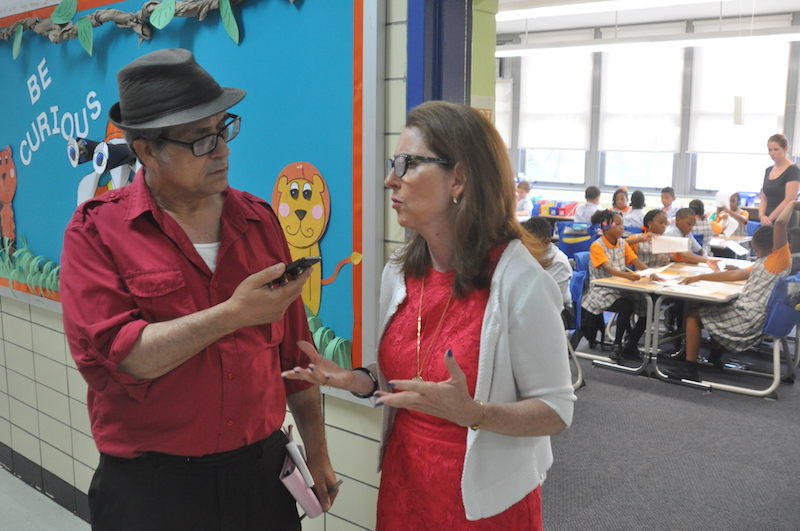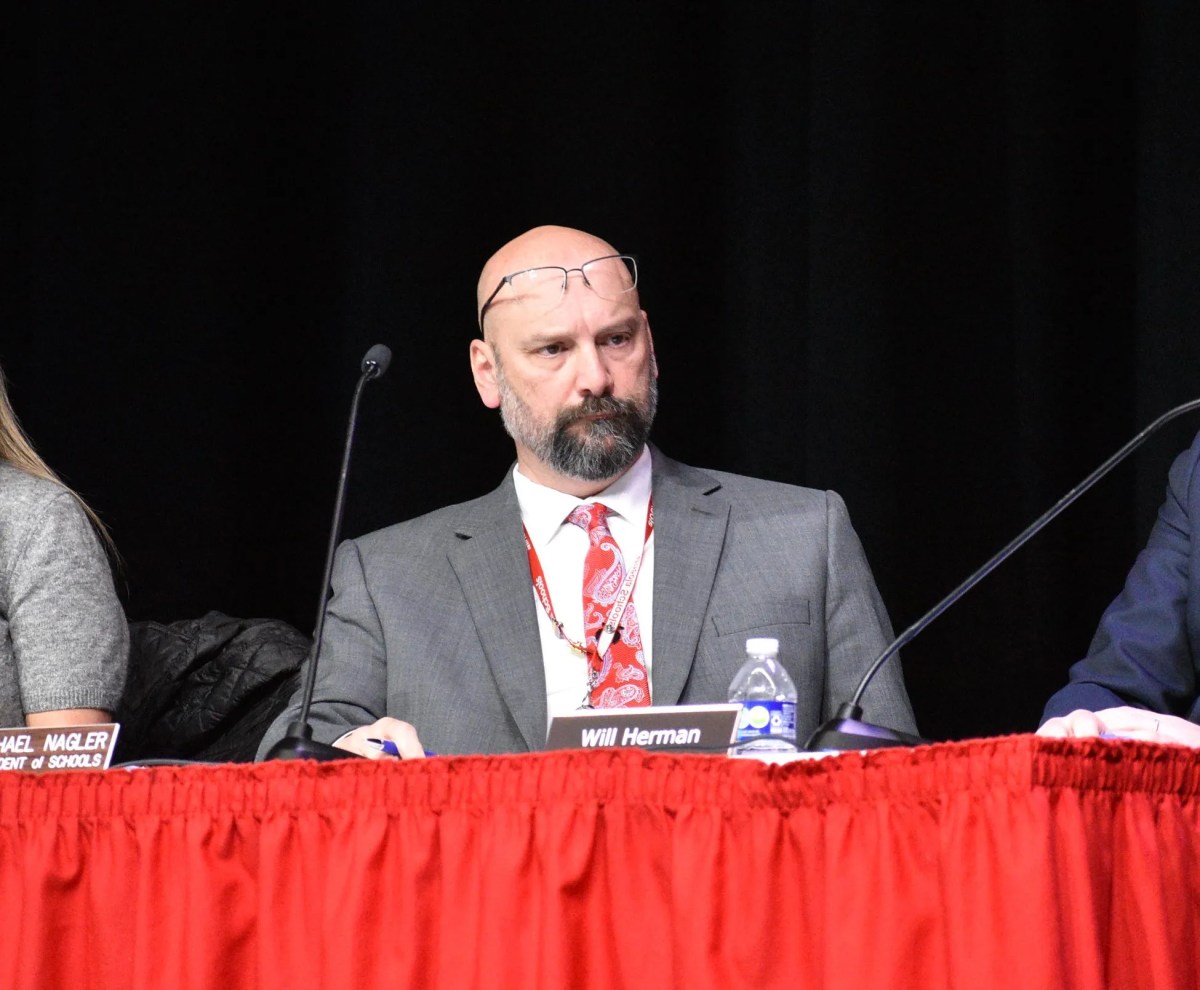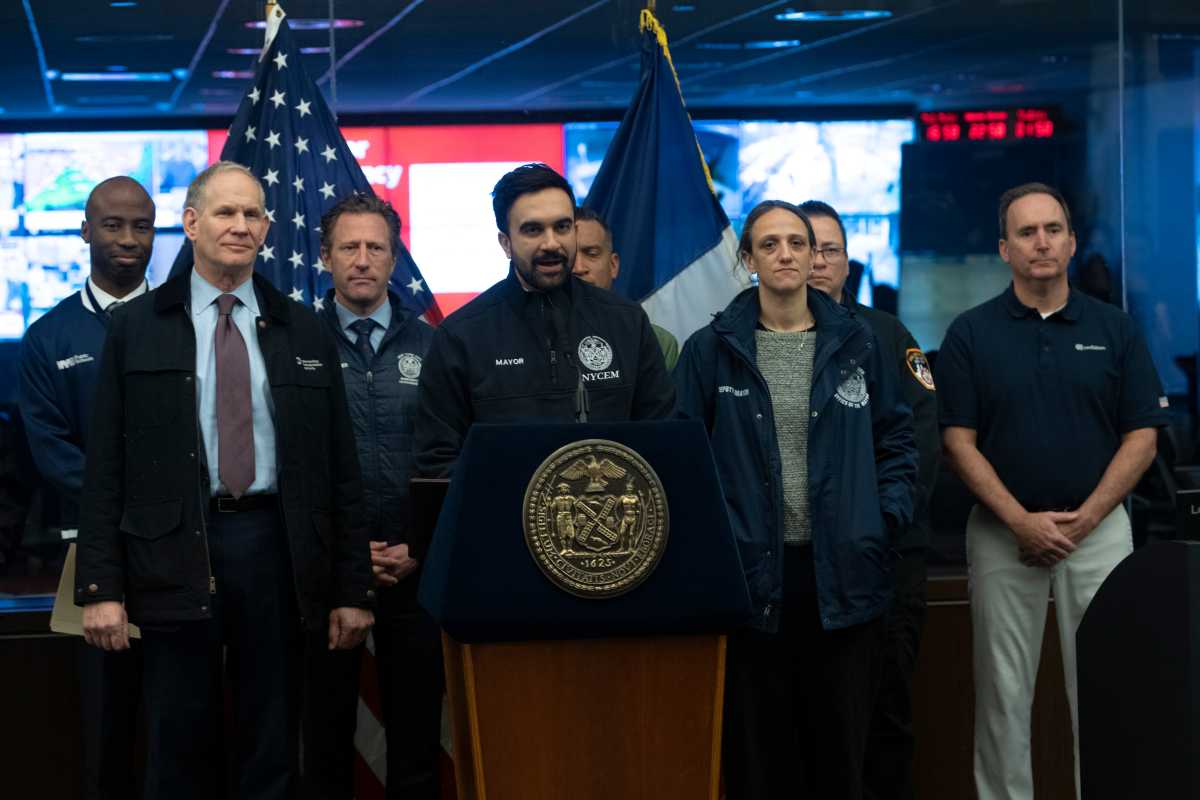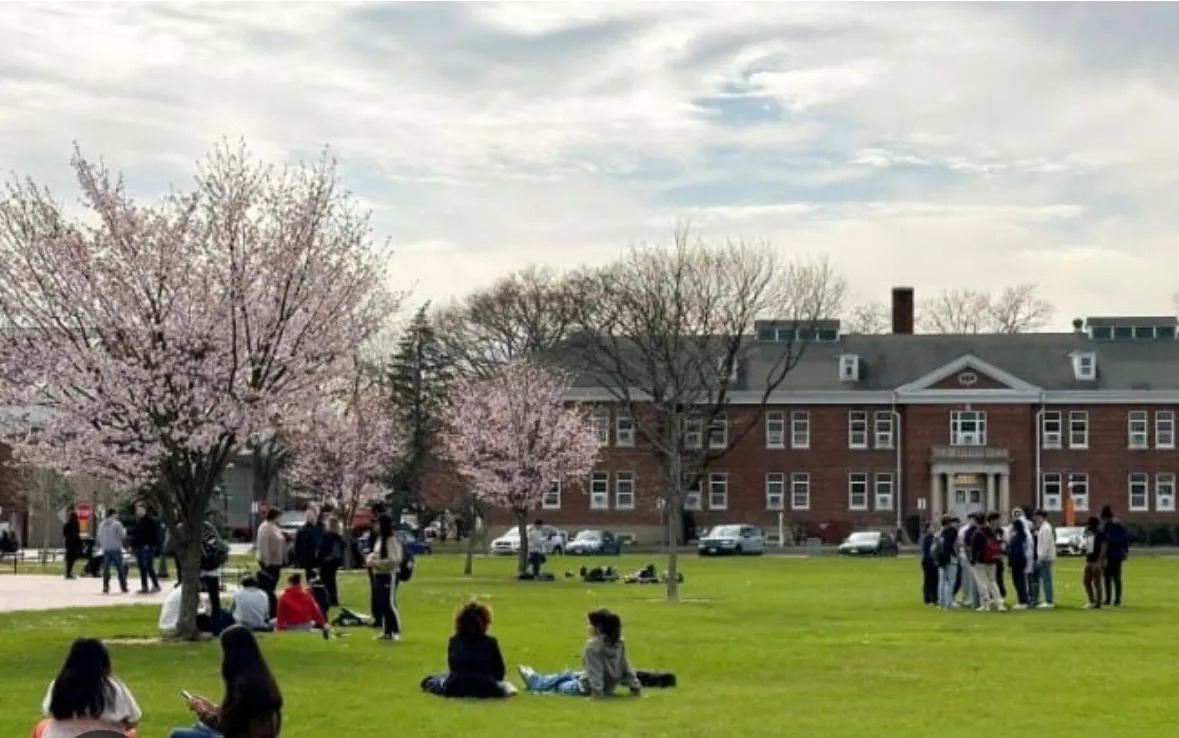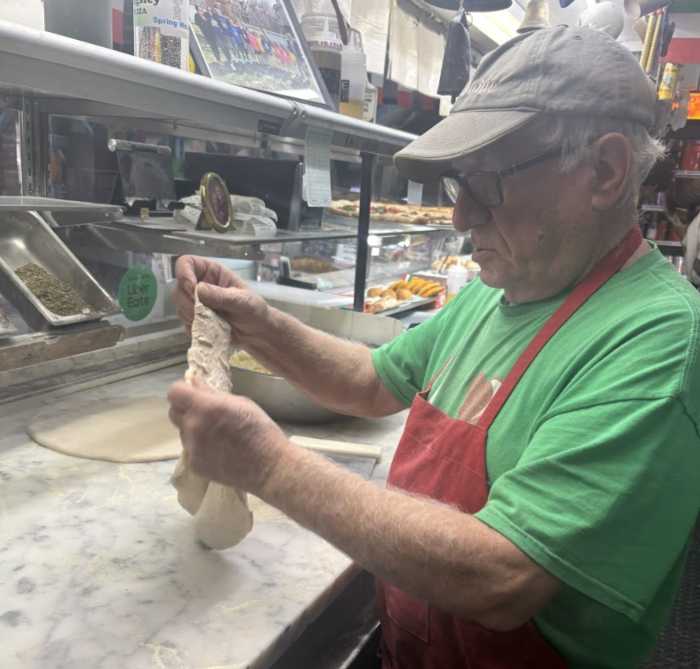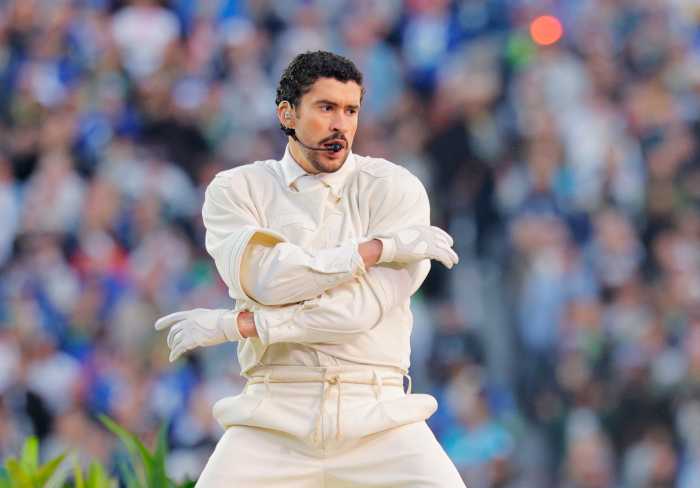Success Academy is perhaps the most well known charter school organization in New York City. Founded in 2006 by Eva Moskowitz, a former college professor and New York City Councilwoman, Success Academy currently operates 32 schools in New York City, ten of which are in Brooklyn, and has plans to expand further. Recent run-ins with the Department of Education and the De Blasio administration however have slowed this expansion, including a denial of space at Andries Hudde School in Midwood last year.
Success Academy is somewhat of a lightning rod for the charter school/public school debate. Moskowitz was mentioned by name in a De Blasio campaign speech against charter school expansion, and has been criticized by many educators for the school’s demanding culture. Moskowitz also has many supporters, mainly because of Success Academy’s outstanding results on state English and math tests that have bested school districts from the state’s wealthiest suburbs. Educational consumers, i.e parents, also love Success Academy: there are ten applicants to every available spot citywide.
We took a tour of Success Academy Bed Stuy 1, 70 Tompkins Avenue, which had 100% of its third-graders pass the math exam, and 99% of its third and fourth graders pass the math exam last year to place as the #1 non-selective school in the state – meaning it takes open admission- and was #2 overall.
We then sat down with Moskowitz to get her take on the future of education and Success Academy in Brooklyn.
KCP: People have criticized Success Academy for its school culture. What are the positive benefits of the social structure of a Success classroom?
Moskowitz: The school is designed around critical and creative thinking. We organized the school backwards from critical and creative thinking. Most education is skill based and of course you need skills in order to be able to think, however whatever skills kids need is in the service of critical and creative thinking.
That means your school looks very different if that is your end goal. I am anti many things in education, but one of the things I am most against is boredom. I think we’ve underestimated how boring school is for children. We come to school we get a paycheck. In schools you have a captive audience, the law says that you have to come to school, parents need childcare, schools just default to a level of captivity. We make the effort to work backwards; if children had the freedom to not go to school, or if once they got here they had the freedom to walk out of the room anytime they want, which they don’t of course, but if they did, would they choose to stay? Can you make schools sufficiently engaging while preparing them for life and college and college graduation?
The school looks radically different if school is pleasurable for children. We spend an incredible amount of time picking out interesting books, which often means not the schlock that is sold [ marketed to schools]. It means finding math problems-we use a math program called Mathalicious which has real world problems that are incredibly engaging. Kids are much more interested in math here because the problems are much more interesting. We’re not teaching the 12 step math problem where I as the teacher tell you what step to be on,“Now we’re on step one, now we’re on step two… “
You mentioned in a previous interview that there are lot of different ways of making a school excellent, there are different models, there is the science/math model, the progressive model..
There’s single sex, there’s co-ed…
As you are looking to expand, are you looking to expand the model as well? As you reach towards 100 schools would you take what you’ve learned here and create new models as need be?
It’s a very complex design. There are layers to the onion, much more than meets the eye. We change every year; about three years after we started I introduced block play in Kindergarten. I didn’t have block play when I started, I was trying to get the reading right, the math right. I had to think through the question-what would be the block curriculum? But play is incredibly important to the education of children, sometimes people make fun of it, but not only is there socio-emotional learning, but kids are learning intellectual skills, for example you can really learn fractions through the blocks.
You also have the Imagination Playground? (Imagination Playground is a set of foamed blocks designed by architect David Rockwell to encourage active, constructive play in playgrounds)
Yep we do that. We have wood blocks, colored blocks, Styrofoam blocks, magnetic blocks…
That’s really where I was going with this. I’m interested in game based learning, it seems as though you have incorporated some games into the structure, for example the words on the floors, as children walk down the hallway they read a story.
Yes. Every kid plays chess, from kindergarten. Obviously it’s a non-academic subject, but we think it teaches kids thinking in a profound way, we have Monopoly Wednesdays, Settlers of Catan, we do Blokus in kindergarten as well as Backgammon. We are big believers that school does not have to be this puritanical place where kids learn from abstract work.
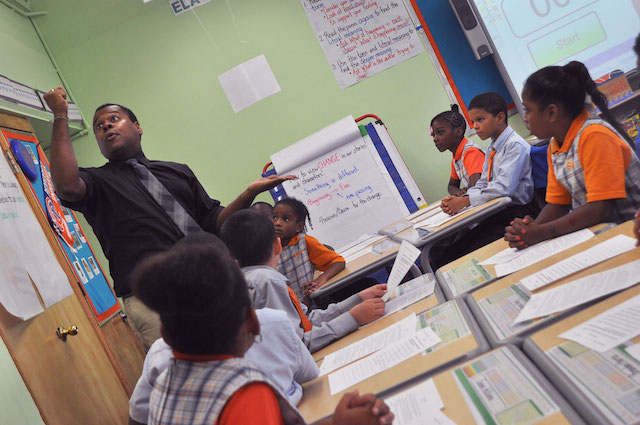
You’re having problems getting co-located at Andries Hudde Middle School and a couple other locations. What are your plans with Hudde this year and your plans to expand in Brooklyn?
The need in Brooklyn is just overwhelming. The amount of educational suffering in Brooklyn is pretty extreme. At Success Academy we have 10 applicants for every one seat. There is tremendous need. It was unfortunate that we had a proposal that was brought up once and then at the 11th hour was cancelled and was unsuccessful.
There is a lot of hostility and misinformation about public charter schools in general and Success Academy in particular. I hope you saw the virtual tour that we put online. Come on in and see our kids. We do believe in order and civility and I’m old fashioned, I think kids need to say “Please” and “Thank you”. I think hallways need to not have kids stampeding through, but that doesn’t mean it’s not a joyful place. It doesn’t mean it’s not a loving, nurturing place.
On that proposal in particular I am optimistic that it [the co-location] will go through, there is enormous space in that building. There is no reason why a high performing school should not occupy a public space that the tax payers have paid for that is available. The mayor has promised Success Academy that it would be able to open 8 new elementary schools and that all those will be voted on this fall.
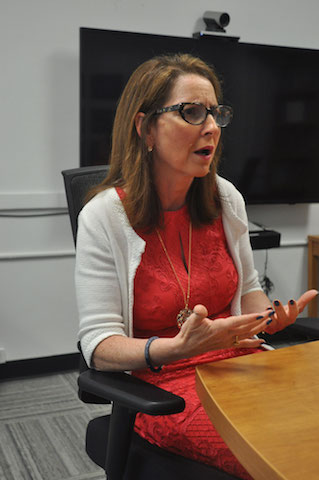
Ok, real quick, you’re the chancellor now, lets play that game, you’re Carmen Fariña, what is your wish list for the 1.1million students?
975,000.
Okay.
There are 100,000 in charters in 200 odd schools. One thing I would like to see is [the end] of blaming and criticizing and standing in the way of alternatives to district schools.
Charter schools are public schools. They’re created by public entities. There’s a public review process. This notion that somehow charter schools are not public schools is inaccurate, and so I would like the mayor and chancellor to embrace high quality – and not all the public charter schools are high quality – alternatives to big government running schools. We’ve had big government run our district schools for 100 years, and for the last 50 it hasn’t worked very well. There are schools in NYC that have failed for decades. I grew up in Harlem, many of the schools there have been failing for decades upon decades. I would like to see the Mayor and the Chancellor be a little more open minded. Maybe we don’t know what works, maybe it isn’t an either or. Let’s find what’s working whether they’re district schools or public charters and let’s embrace the high performing school because to a parent, and I say this as a mother of three, we don’t really care what all these names are, we want the school to be great and free. That’s what we’re going for.
The UFT (teachers union) is a very powerful union. If you were chancellor how would you handle the UFT?
I just don’t think the school is run for the leadership of the union. Yes, teacher’s rights matter, teacher’s working conditions matter, teacher’s pay matters. All of that is important, but right now you have the special interests running the schools. That’s not fair to children and families. They have an interest, but now they are running the school system and that doesn’t end well for children and families.
So on your first day as chancellor what would you say to the UFT head?
You have to understand that if I’m a principal in a district school I can’t just collect teacher’s lesson plans. I can’t just walk into a classroom the way Javaria (Success Academy Bed-Stuy 1 Principal Javaria Khan) and I just did. There are rules about when principals can see the teaching and learning. Javaria views her job and I view my job as helping teachers become better. In order to do that we need to look at the lesson plans. There are weird work rules that no one would ever design if they were working backwards from the interests of children and/or teaching and learning. I need to freely discuss with Javaria what are her challenges, how are we going to work together to solve those challenges. The teachers contract, when you add in all the addenda of state law, that s a 600 page document governing every little thing you can do. The really good people kind of ignore that document and get around it but that’s hard to do.
We have to have one goal and one goal only and that is to provide a magical, educational experience for children and that requires creating a high performance culture, and the contract, it’s not the only source of the problem, guarantees a low performance culture. We’ve got to find a way out of that morass. The only thing stopping us is the politics. But politics is a pretty potent force. If you got a group of people around a table and asked “What is good for teaching and learning?”, they would not end up with the UFT contract.
There’s talk of you running for mayor, but my sense is your passion is education.
When I’m asked I’m honest about the question. Since 1999, I’ve said that when asked if I would run I would consider it and that’s all I’ve said.
You’re certainly right. I’m very passionate about reimagining public education. I’m very passionate about kids and access, because I find the inequities in education is a matter of social justice and it’s profoundly unfair that only the most affluent get access to a great education. This takes a lot of work I spend three hours a day in schools everyday I’m really preoccupied with this.
We have our first pre-k and a slew of high schools coming. Getting high school design right is incredibly important to me. I think that is going to make or break the long term goal of college graduation. I was at the high school yesterday in a physics classroom, it was incredible.
Are you doing foreign languages in high school? You don’t do foreign languages in middle school, correct?
We are not. It’s not that I don’t believe in multilingualism, it’s very hard to find the talent. In Europe or in other places in the world foreign language is something that they do very well. My own son took French for four years and he couldn’t say “How are you?” We do want to give kids who really want it [ foreign language instruction] that opportunity so we have partnerships with colleges.
[Ultimately] we have decided that the language that we are teaching our kids are computer languages. We start coding in kindergarten. We use Beebots. We do robotics in 4th grade in 5th grade we do Java Script. The kids then start participating in codeathons , the codeathons are nine hours on Saturdays, They have to create an app in that time.
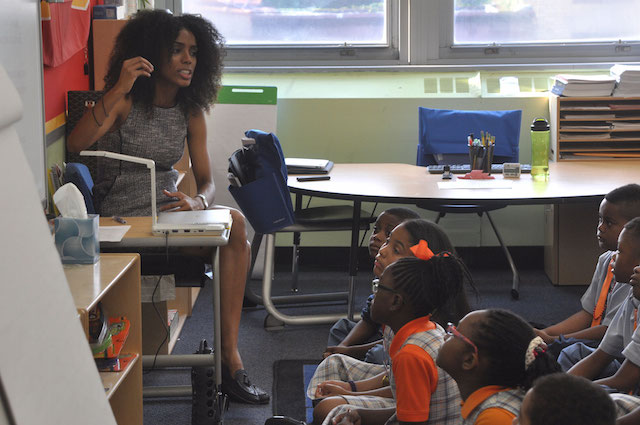
You’ve argued that NYC is highly segregated in terms of education and that allowing more charter schools would create less segregation. Can you explain how this works?
For all the good [district] schools the real estate is expensive. Charters however recruit from the district so that’s a much broader constituency. Everybody has an equal chance because it’s a lottery. We have a solution right under our noses, people are writing about the level of segregation in New York, the lack of opportunity for our least affluent, and we have a solution right here!
I’ve always believed that if you create an excellent school, and I’ve never created schools for poor people, or for black people, or for white people, or for Latino people; if you have world class schools, people will want to go. People don’t want their kids to go to bad schools so they rent that expensive apartment in the [good school’s] zone. I used to represent the Upper East Side of Manhattan; people would rent or buy apartments there for the good schools, it shouldn’t be that way. Everyone should have the opportunity to go to a high performing school.
One last question, aside from the teachers union being against Success Academy, there has been an emotionally antagonistic response to Success Academy. Why do you think this is?
First, I would say-Come and see us! Why go off Diane Ravitch’s blog *? I think the problem is we prove in a pretty profound way, I mean, this is a work in progress , this is incredibly humbling work, every day a five year old can bring you down (laughs), but based on our first 10 years, there is nothing wrong with the children. There is a problem with the system, and that is really threatening because it’s not defensible. It’s not defensible to spend this much money and I believe in spending money on education, I’m up there with the top spenders! What we are proving and I think it explains the negative response, is that it doesn’t have to be this way. Indirectly we’re threatening the whole thing. The school system doing a lot of damage in this city and I don’t want it to continue. If I have to put up with the nastiness and the name calling that’s what I’ll do.
* Diane Ravitch is a historian of education, an educational policy analyst, and a research professor at New York University who has been particularly critical of Success Academy


